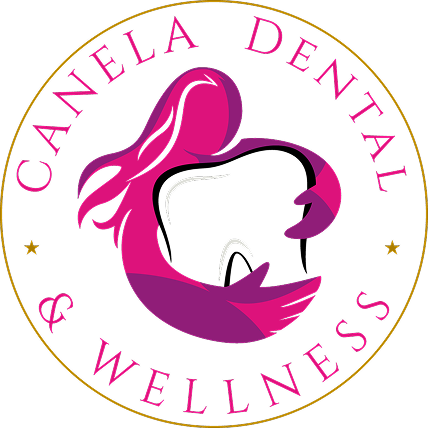


When you have a severely damaged or infected tooth, your dentist may recommend either a root canal or a tooth extraction. Both procedures aim to relieve pain and prevent further oral health problems, but they work in very different ways. Understanding the differences can help you make an informed decision that suits your dental needs.
A root canal is a dental procedure designed to save a tooth that has been damaged by decay or infection. During the treatment, the dentist removes the infected pulp from the inside of the tooth, cleans and disinfects the root canals, and then seals the space with a filling material. Finally, a crown is often placed on the treated tooth to restore its strength and function. This procedure allows you to keep your natural tooth while eliminating pain and infection.
One of the primary benefits of a root canal is that it preserves your natural tooth structure. Keeping your natural teeth maintains proper alignment, supports jawbone health, and ensures you can chew comfortably. Root canals also have a high success rate, and with proper care, a treated tooth can last for many years. Additionally, the recovery time is usually shorter compared to extractions.
Tooth extraction involves removing a tooth entirely from its socket in the jawbone. This may be necessary if the tooth is too damaged to save, has severe decay, or is causing crowding. Extractions are also common for impacted wisdom teeth or teeth that pose a risk to overall oral health. Depending on the case, your dentist may recommend replacing the extracted tooth with a bridge, denture, or dental implant to restore function and appearance.
In cases where a tooth cannot be saved, extraction quickly eliminates the source of infection or discomfort. It can also prevent the spread of decay or damage to neighboring teeth. For patients with overcrowding, removing one or more teeth may make orthodontic treatments more effective.
The decision between a root canal and extraction depends on several factors, including the extent of damage, your overall oral health, and your budget. If a tooth can be saved, most dentists recommend a root canal to maintain natural function. However, if the tooth is severely compromised or the cost of restoration is too high, extraction may be the better option. It is also important to consider the long-term impact on your bite, jaw health, and appearance when making your choice.
Your dentist will perform a thorough examination and may take X-rays to assess the condition of your tooth. Based on the findings, they will recommend the most appropriate treatment. Being informed about both procedures helps you feel confident in your decision and ensures you get the best possible outcome for your dental health.
If you are dealing with tooth pain or infection and are unsure whether you need a root canal or an extraction, our experienced team can help guide you through your options. We provide advanced and gentle care for patients seeking a Root Canal in Hollywood, FL, to help preserve their natural teeth whenever possible.